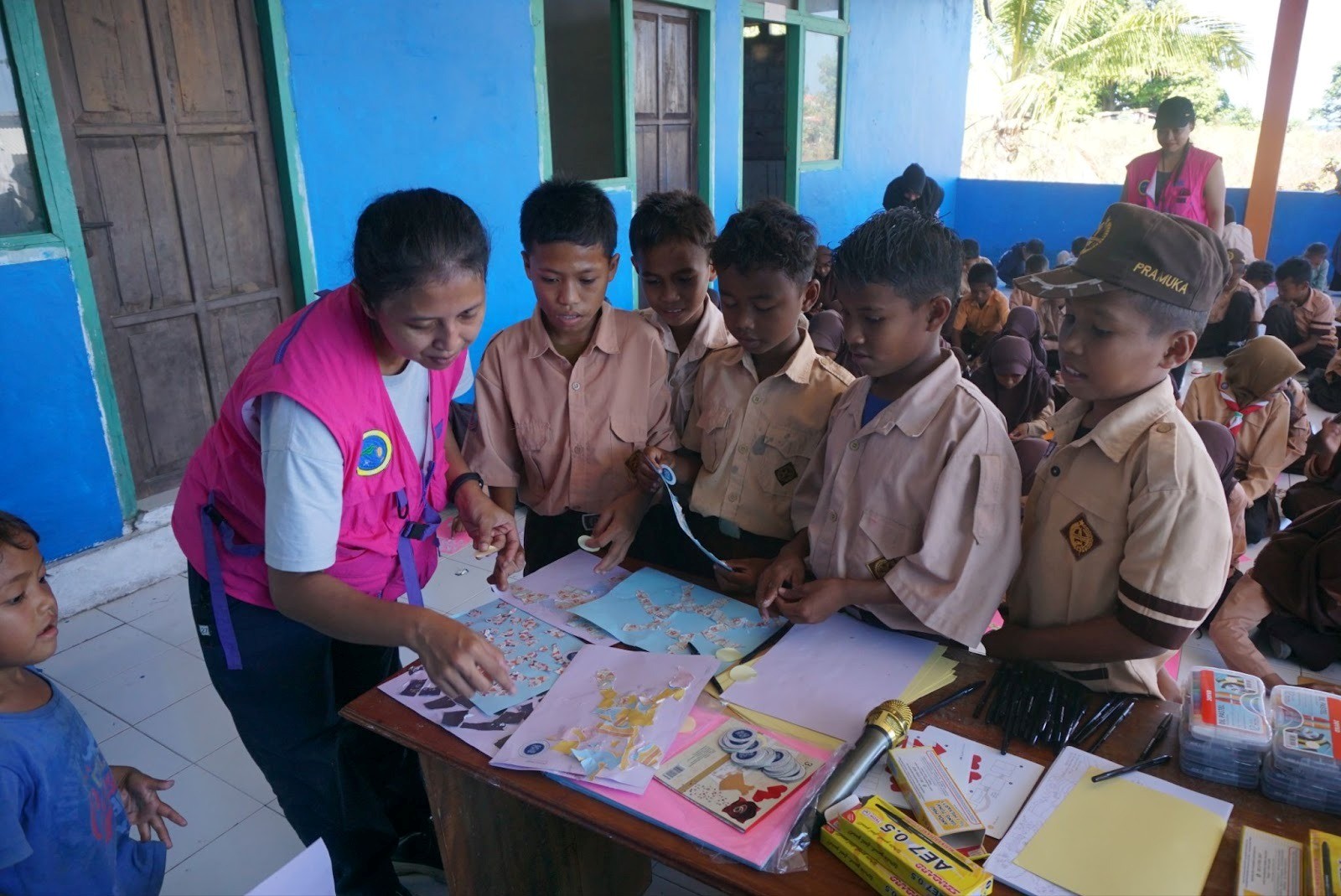ITB Researcher Explained the Potential of the Implementation of Decentralized Water Processing Technology in Urban Area
By Adi Permana
Editor Adi Permana

BANDUNG.itb.ac.id – Access to safe and clean drinking water is a big challenge in Indonesia. Presidential Regulation No. 18 Year 2020 stated that the coverage for drinking pipe network has reached 20.14% of all Indonesian in 2018. By 2024, the pipe network is targeted to reach 30.35%.
However, most Indonesian residents do not get their water needs from the pipe network, but from groundwater sources. Large-scale groundwater extraction in an urban area in the long term is considered unsustainable because it has the potential to cause land subsidence and endanger the integrity of the city itself. On the other side, residents are often unable to utilize surface water sources without being treated first because of its high pollution concentration.
Since 2020, researchers from Institut Teknologi Bandung, Dr. Anindrya Nastiti (Faculty of Civil and Environmental Engineering) and Prof. Dr. Ir. Bagus Budiwantoro (Faculty of Mechanical and Aerospace Engineering) have been carrying out joint research with researchers from the University of Manchester through the Newton Fund-Institutional Link scheme. The research was titled "Socio-technical solutions to water security challenges in urban areas and post-disaster scenarios" and is supported by the Cimahi City Government, Regional Agency for Research and Development (BP2D) of West Java Province, and Regional Development Planning Agency (BAPPEDA) of West Java Province. Focusing on the urban area that is not yet covered by a formal pipe network, this research aims to examine the potential of the implementation of centralized water management that is efficient, sustainable, and accessible, so that surface water can be processed as a source of drinking water.
On 27 October 2022, an ITB research team, some funding receivers from Newton Fund, Researcher Links Climate Change (RLCC), and Women in STEM Scholarship, were invited by the British Embassy Jakarta and British Council Indonesia to present the research in front of representatives from the Department for Business, Energy & Industrial Strategy (BEIS). United Kingdom, Global Research & Innovation: Susie Kitchens and David Kenyon, Head of Asia Pacific, at Ritz-Carlton Jakarta, Kuningan.

In this forum, ITB researchers explained that this research cooperation has brought many benefits especially in establishing a connection between social science and engineering. A psycho-social framework was used to evaluate community responses to 'new' technology. Another achievement is the construction of a bridge between researchers and policymakers by involving regional stakeholders in every research stage from co-design, implementation, and dissemination. In addition to that, through a test project, the researcher managed to understand various constraints and opportunities in implementing a decentralized solution in the urban water source sector in Indonesia.
Translator: Favian Aldilla R (Civil Engineering, 2019)

.jpg)
.jpg)


.jpg)


